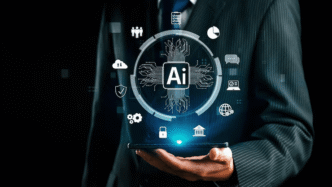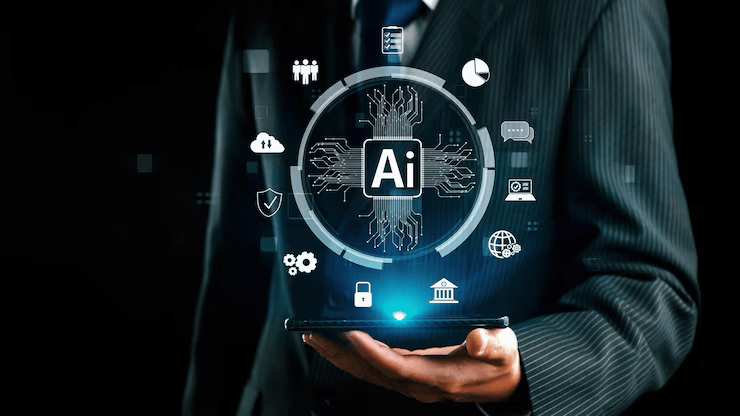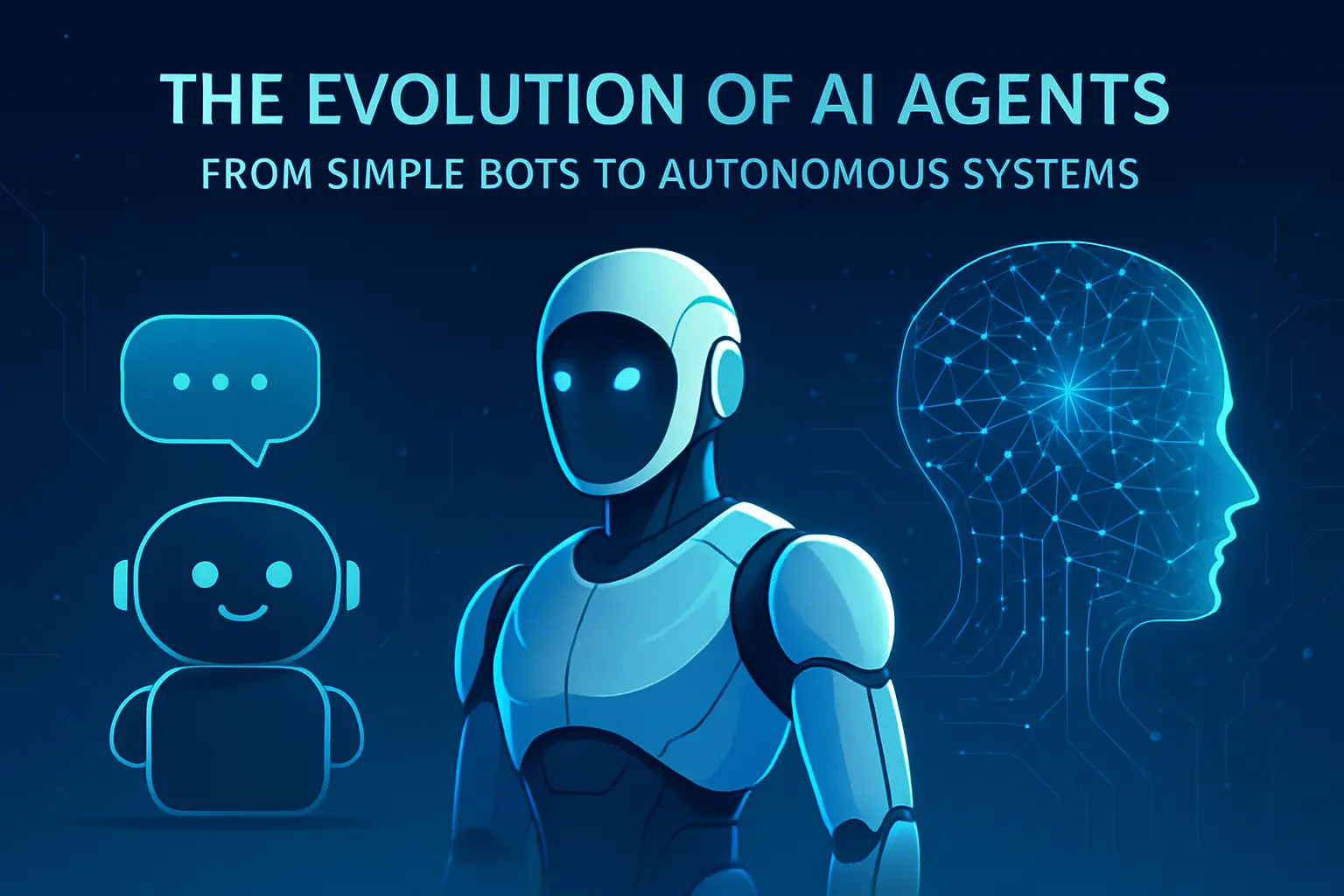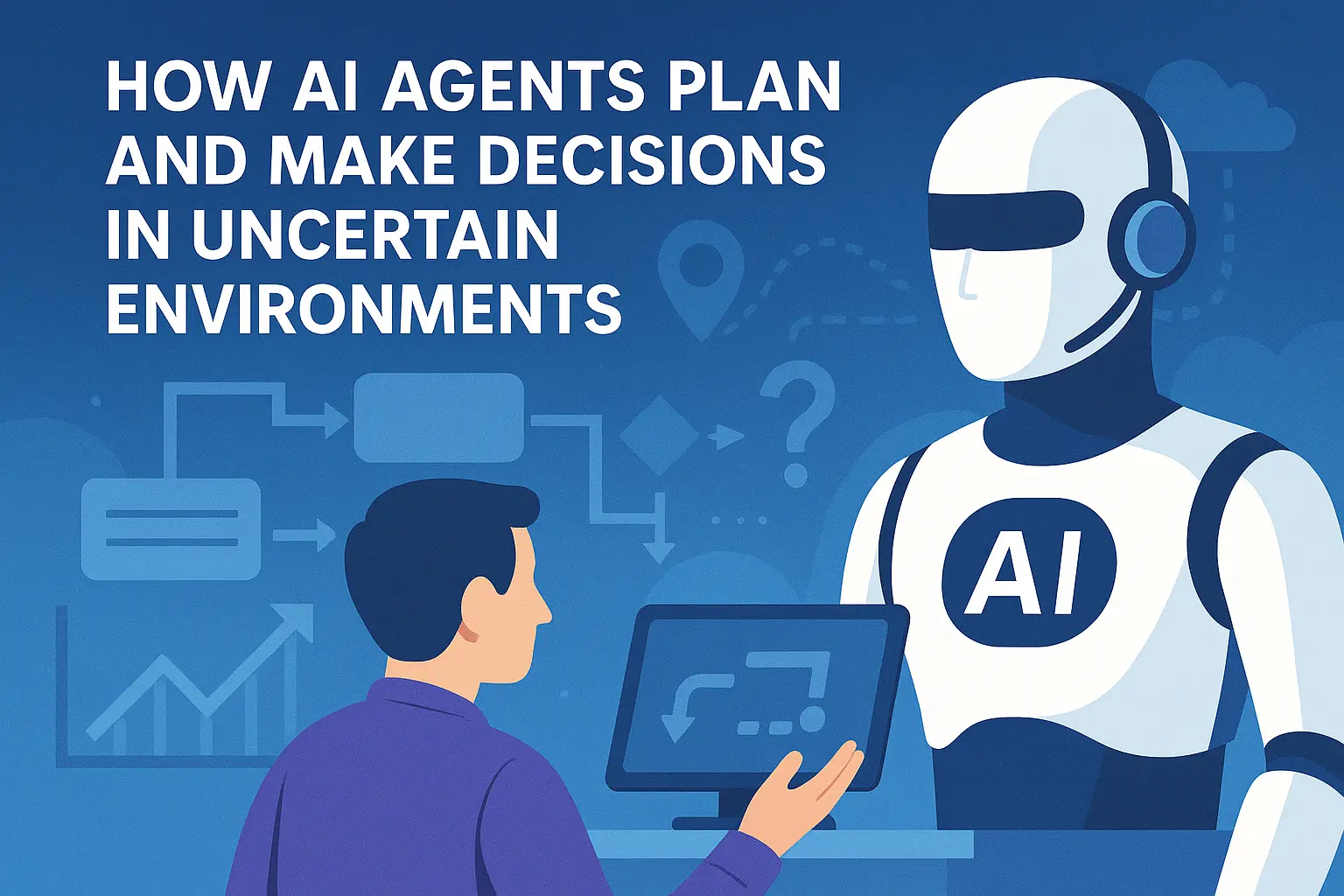Why Everyone’s Talking About AI Agents
In today’s fast-paced digital world, AI agents are becoming more common than ever. From helping you book appointments to running entire industrial processes, these intelligent programs are revolutionizing how tasks get done. You’ve probably encountered them without even realizing—whether it’s asking Siri for weather updates or watching YouTube’s algorithm recommend videos.
Importance of Understanding AI Agents Today
Understanding AI agents isn’t just for tech geeks. It’s a skill that can give you a serious edge in your career, boost productivity, or simply help you make sense of the technologies shaping our everyday lives. As AI continues to evolve, knowing how these agents work empowers you to adapt and thrive in a future that’s already unfolding.
Defining AI Agents
What Exactly is an AI Agent?
An AI agent is essentially a computer program designed to act autonomously within an environment. It collects data (perception), processes it, and then takes action to achieve a specific goal. Think of it like a robot with a brain—it doesn’t just follow commands; it makes decisions based on what’s happening around it.
Types of AI Agents
Simple Reflex Agents
These are the most basic AI agents. They operate on a simple rule: if a certain condition is met, then do a specific action.
Model-Based Reflex Agents
Unlike simple reflex agents, these agents keep a model of the world to understand their current state. A great example would be a robot that maps a room to know where it has already cleaned.
Goal-Based Agents
These agents don’t just act—they aim. They consider possible actions in terms of how well they help achieve a defined goal. For instance, a self-driving car navigating through traffic toward a destination uses goal-based decision-making.
Utility-Based Agents
These agents take it one step further by evaluating the “best” course of action. They weigh multiple factors and choose actions based on the highest expected utility, like a chess AI picking the most strategic move.
Learning Agents
These are the most advanced type. Think of recommendation systems like Netflix or YouTube—they get better at suggesting content based on your past behavior.
How Do AI Agents Work?
The Perception-Action Cycle
Every AI agent operates in a loop called the perception-action cycle. First, it senses the environment through inputs. Then it analyzes this data to make a decision. Finally, it acts in the environment based on that decision. This cycle repeats constantly to ensure the agent adapts in real time.
Sensors and Actuators Explained
Sensors are like the agent’s eyes and ears—collecting information from the environment. These could be cameras, microphones, or temperature sensors. Actuators are like arms and legs—they allow the agent to take physical actions, such as moving wheels or displaying messages.
The Role of Machine Learning
Machine learning gives AI agents their real power. It enables them to learn from past outcomes and improve future decisions. For example, a chatbot can learn which responses are most helpful and refine its replies over time.
Where Are AI Agents Used?
Everyday Applications in Real Life
AI agents are all around us. Digital assistants like Alexa or Siri, spam filters in your email, and even smart home systems use AI agents to function. They make your life more convenient without you ever needing to think about it.
AI Agents in Business & Industry
Businesses use AI agents for everything from customer service bots to inventory management. In banking, AI agents can detect fraud, while in e-commerce, they recommend products tailored to your taste.
Use in Gaming, Robotics, and Automation
Game characters that adapt to your playing style, warehouse robots organizing products, and drones navigating terrains are all powered by AI agents. They’re also vital in automation processes where speed and precision are critical.
Benefits of AI Agents
Efficiency & Automation
AI agents drastically reduce the time and effort required to complete tasks. They can automate repetitive processes, leading to faster outcomes with minimal errors. For businesses, this translates into major cost savings.
Round-the-Clock Functionality
They can operate 24/7, ensuring constant availability and service—ideal for global businesses that serve customers in different time zones.
Handling Repetitive or Complex Tasks
AI agents excel at both ends of the task spectrum—handling boring, repetitive jobs and solving highly complex problems that require quick decision-making or large-scale data analysis.
Challenges of AI Agents
Limitations in Decision-Making
AI agents aren’t perfect. They often struggle in unpredictable or ambiguous situations. For example, a self-driving car may not react ideally to a sudden, unusual road event that wasn’t in its training data.
Ethical Concerns and AI Bias
Bias in training data can lead AI agents to make unfair or unethical decisions. For example, a hiring algorithm might discriminate against certain groups if it’s trained on biased historical data.
Dependency and Job Displacement
Over-reliance on AI agents can make people complacent, and in some industries, they’re replacing human workers. While they create new job roles, they also make many others obsolete.
Difference Between AI and AI Agents
AI as a Concept vs. Agents in Practice
Artificial Intelligence is the umbrella term that covers all technologies designed to simulate human intelligence. AI agents are specific applications of AI—programs that act autonomously in a given environment.
Examples That Clarify the Difference
Think of AI as the theory of intelligence, and AI agents as the practical use of that theory. For example, machine learning is an AI concept, but a Netflix recommendation engine using that learning is an AI agent.
Future of AI Agents
Will They Replace Humans?
Not entirely. While AI agents will automate many tasks, they still lack creativity, empathy, and emotional intelligence. Instead of replacing humans, they’re more likely to work alongside us, handling tasks while we focus on higher-level thinking.
How AI Agents Will Transform Our Lives
In the near future, expect to see AI agents running smart cities, managing healthcare systems, and optimizing education. From personalized learning tutors to fully autonomous transportation, the possibilities are endless.
Getting Started With AI Agents
Tools and Platforms to Experiment With
There are several beginner-friendly platforms you can try:
-
OpenAI API: Great for text and chatbot projects.
-
Dialogflow: Build conversational interfaces.
-
MIT Scratch: Simple programming platform for kids.
-
Rasa: An open-source tool for building AI chatbots.
Simple Projects to Try at Home
Try building a chatbot that helps with daily reminders or a smart home app that controls lights based on your habits. Even training a small image recognition model using tools like Teachable Machine is a fun start.
Conclusion
AI agents are no longer just the stuff of sci-fi—they’re everywhere, quietly revolutionizing the way we live, work, and play. Whether they’re answering your queries, navigating your car, or helping businesses make better decisions, these digital minds are here to stay.
Understanding AI agents gives you a front-row seat to the future. By learning the basics now, you’re preparing yourself for a world that’s increasingly driven by intelligent automation. So, dive in, get curious, and see how AI agents can benefit your life today—and tomorrow.
FAQs
Q1: What is the difference between AI and an AI Agent?
AI is the broader science of making machines intelligent. AI agents are specific programs that use that intelligence to act in real-world environments.
Q2: Are AI Agents safe to use?
Yes, most are safe when developed and monitored properly. However, users must remain cautious of data privacy and ethical use.
Q3: Can I build my own AI Agent?
Definitely! With platforms like OpenAI and Dialogflow, even beginners can experiment and build functional AI agents.
Q4: Do AI Agents have emotions?
No. While they can simulate emotional responses, they don’t actually feel emotions. Their reactions are based on algorithms and pre-programmed logic.
Q5: Will AI Agents take over all jobs in the future?
They will change the job landscape, automating some roles but also creating new opportunities in AI development, ethics, and oversight.







